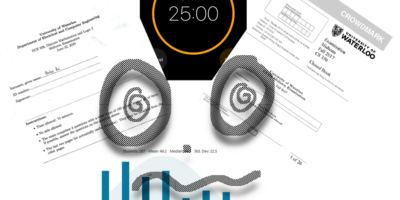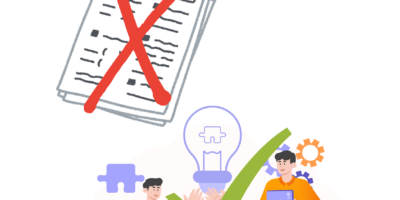Most podcasts are available for free, and there are a zillion of them. However, that does not mean paid podcasts are not worth releasing or purchasing. There is one important caveat: there needs to be a lot of free samples.
I have so far only paid for episodes of one podcast, “Hardcore History” with Dan Carlin. His business model is as follows: about a dozen relatively new episodes are available for free. As new episodes are released, the older ones are put behind a paywall. Since only a couple of episodes are made per year, and each episode is several hours long, the free episodes remain free for a long time. They are still playable in ordinary podcast apps through a private URL, although nonstandard podcast apps such as Spotify might not support that. I personally prefer to download the mp3 files and play them in VLC.
I have also paid for Daniele Bolelli’s Taoist lecture series, which is fully audio but isn’t strictly speaking a podcast. The two products offer an interesting contrast though. “Hardcore History” has so much free content that anyone buying episodes probably knows what they’re getting into. There are no such samples of Bolelli’s lecture series: any possible consumer is simply guessing at the quality based on Bolelli’s other work. I wouldn’t necessarily call that a smart buy: I was lucky that it turned out to be enjoyable.
Why would anyone pay for “Hardcore History”? There are other history podcasters, and their work is available for free. However as far as I’m concerned there is no real substitute for what Dan Carlin produces. It is his unique sense of empathy, his attention to detail, his patience, and his voice that make his podcast worth listening to. If I want to see how all that is applied to topics Carlin has covered in the past, I need those paid episodes. That is unless he covers the same topics again in a future free installment.
Which leads to another factor: time. Some podcasts aren’t worth the time spent to download them one month after release, so paying for them is a waste. This isn’t a statement on quality, but on the temporary nature of most topics. Perhaps today’s “Accidental Tech Podcast” episode is worth listening to, but do I really want to hear commentary on last year’s Apple-related “news”? Some podcasts aren’t meant to be enjoyed forever, and that’s okay. But some podcasts are timeless: they would probably be as useful today as a century from now. One paid series of “Hardcore History” episodes describes the fall of the Roman Republic. This was a pretty well-documented event, so unless the Romans should rise and fall a second time it’s possible the episode will remain up-to-date forever.
The time between podcast releases is also a factor, one particularly relevant to “Hardcore History”. Dan Carlin produces two episodes per year. If he produced an episode every week, he’d have to be some kind
of podcasting machine, but it would also reduce the need for people to buy his stuff. Yes, as mentioned earlier there needs to be a few episodes available for free for people to know if purchases are worthwhile. However if a podcast releases free episodes often enough that it might be hard to catch up, not many listeners would be desperate enough to buy even more.
The other thing to consider is that niche products need to be supported somehow, and the podcast advertising market is pretty limited. Only a small number of companies really benefit from the ad
reads normally found on podcasts. The podcast market is also too decentralized for the sort of massive ad campaigns that companies such as Coca-Cola would want to create.
The whole equation of podcast economics could change, however. Various companies have started trying to create podcast subscription services, pay for original content, and essentially become the Netflix of audio. One of these firms recently agreed to finance Bolelli’s “History on Fire”. Bolelli, unlike Carlin, is having difficulty keeping his podcast afloat. Even with ten minutes of advertising at the start of each episode, and a Patreon, he wasn’t earning enough to hire anyone to help him. Some have argued that these podcast subscription services, with their custom protocols, data tracking and monopolistic
aspirations, are bad for the medium as a whole. That might be true, but one wonders if a podcast medium without Bolelli is one worth preserving.




Leave a Reply